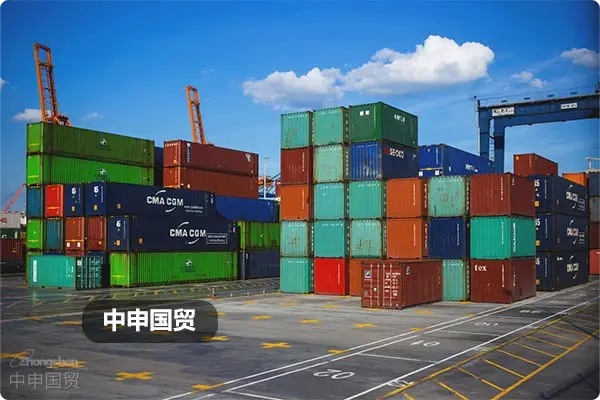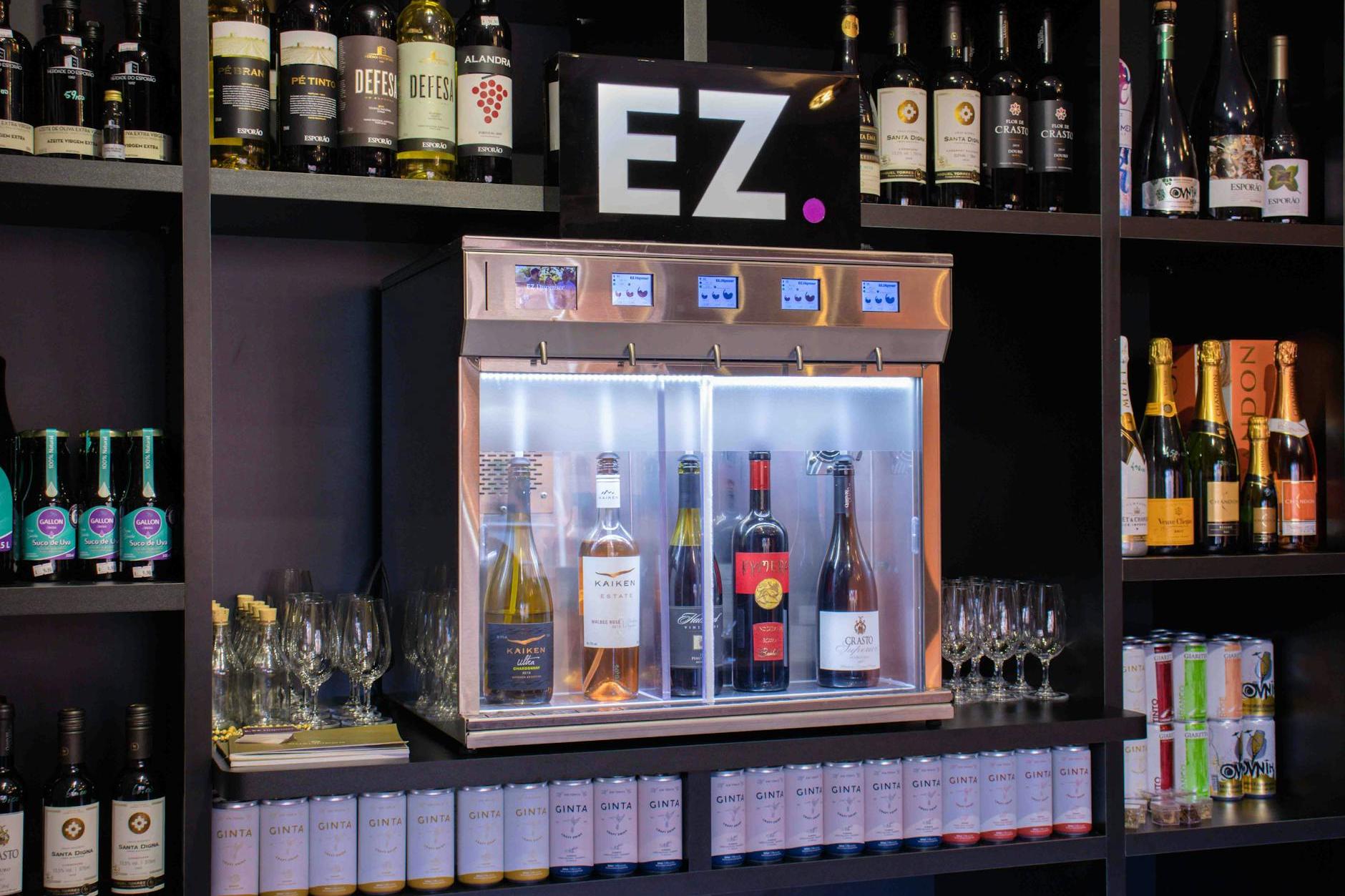- Shanghai Zhongshen International Trade Co., Ltd. - Two decades of trade agency expertise.
- Service Hotline: 139 1787 2118

What special qualifications are required for Russian food exports?
According to the latest 2025 trade policy, acting as an agent for Russian food exports must simultaneously meet the requirements of both China and Russia:
- Basic Qualifications:
- import and exportOperation rights (registration with customs required)
- Food Circulation License (the business category must include imported food)
- Registration of Overseas Manufacturing Enterprises (GACC Filing by China Customs)
- Special certifications:
- Russian EAC Certification (TR CU 021/2011 Technical Regulations on Food Safety)
- China GB Standard Test Report (Dairy products require an additional hygiene certificate)
- Halal food must obtain certification from the Russian Islamic Committee.
Which Russian food products have a competitive advantage in the Chinese market?
According to the customs data for the first quarter of 2025, the following categories have shown significant year-on-year growth in import volume:
- Dairy Products:Whole milk powder (+23%), cheese (+18%)
- Grain and Oil Category:Sunflower seed oil (+31%), buckwheat (+27%)
- Candy category:Chocolate (+15%), honey products (+22%)
- Specialty Foods:Caviar (+40%), Chaga mushroom (+35%)
Please note: Meat products are still subject to the 2019 African Swine Fever ban, with exports permitted only from the six factories compliant with the China-Russia bilateral agreement.
How to choose the optimal logistics solution?
Comparison of Main Transportation Methods for Russian Food Exports in 2025:
- Railway transportation (58% share):
- China-Europe Railway ExpressLead time: 14-18 days (Moscow → Xi'an)
- Cost: Approximately $2,800/40HQ (including temperature control equipment)
- Maritime Transportation+陸運(占比32%):
- St. Petersburg → Qingdao Port: 35-40 days
- Cost: Approximately $1,950/40HQ
- Key Points of Cold Chain Transportation:
- The temperature recorder must comply with the GOST R 8.624-2025 standard.
- Frozen food must be kept below -18°C throughout the entire process.
What are the risks in trade settlement? How to avoid them?
Affected by the international situation, it is recommended to adopt:
- Renminbi settlement (proportion rises to 65%):
- Direct clearing through the CIPS system
- Enjoy a 0.2% cross-border payment and receipt subsidy.
- L/CKey Operation Points:
- Request the Russian bank to provide a confirmed letter of credit with a verifiable SWIFT CODE.
- It is recommended to choose the Bank of China Moscow Branch as the intermediary bank.
- Risk Warning:
- The ruble exchange rate requires the activation of a hedging mechanism if its daily fluctuation exceeds 3%.
- The advance payment ratio should not exceed 30%.
How to address potential market access barriers?
Three types of risks that require special attention in 2025:
- Technical Trade Barriers:
- China's newly implemented nutrition labeling standard (GB 28050-2025)
- Russian Agricultural Product Export Traceability System (requires integration with GLN global standards)
- Logistics Contingency Response:
- China-Russia Border Port Congestion Early Warning System (subscription to the General Administration of Customs service available)
- It is recommended to purchase transport delay insurance (the premium is approximately 0.15% of the cargo value).
- Compliance Recommendations:
- Engage a third-party agency to conduct a compliance audit (cost approximately $2,500 per session).
- Establish a quality traceability blockchain (recommended to use AntChain's cross-border traceability solution).
According to the latest 2025 data, China-Russia food trade volume is projected to exceed $42 billion, but the key to success lies in selecting professional agencies. It is recommended to prioritize service providers that meet the following criteria: AEO Advanced Certification from customs, an in-house customs clearance team in Russia, experience handling at least 200 batches of food cases, and the capability to provide a full-process digital tracking system.
Related Recommendations
? 2025. All Rights Reserved. Shanghai ICP No. 2023007705-2  PSB Record: Shanghai No.31011502009912
PSB Record: Shanghai No.31011502009912










